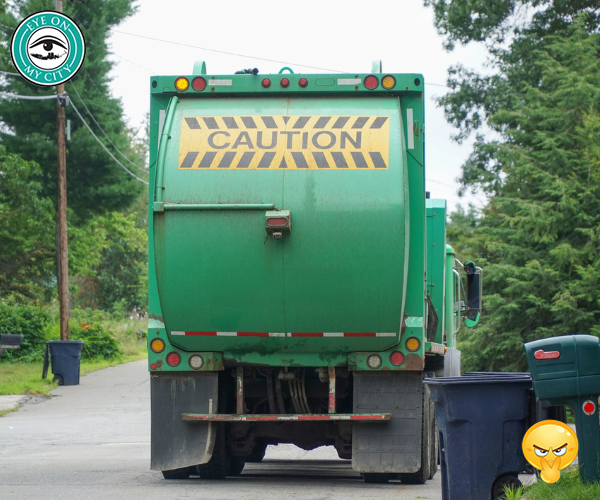
One of the reasons foreign nations are constantly trying to hack into computers in the U.S. that contain elections data is to sow distrust in our voting process and election integrity.
The entire Russian Collusion Delusion was based on this false premise.
There are thousands of voting jurisdictions and millions of voting machines using many different software systems.
The Department of Homeland Security says no votes have been tampered with in the last four US elections. That doesn’t mean voting machines can’t be hacked. But successfully altering any meaningful number of votes is highly unlikely.
In Jacksonville, it is a virtual impossibility.
Supervisor of Elections Mike Hogan explained to Eye on Jacksonville details of how the system works and the protections. Some are so secretive he could not discuss them.
But just the basic precautions are impressive.
It tends to get a bit geeky, but this is the gist:
Individual voting machines in each of the precinct are self contained and not connected to the internet. They contain thumb drives in which the votes are recorded. There are no ports by which someone could insert a device to alter any information in the machines – which would have to be done in full view of elections officials.
Voter registration information is kept in separate machines, and there are paper backups.
After the voting, officials take the thumb drives and connect them to the internet to transfer the information to the central computer.
This is done on a virtual private network (VPN) and is encrypted. The original drives are kept and can be compared later to the results in the central computer.
Various layers of protection are available for the central computer containing the vote totals.
Microsoft is reported to be working on a system to ensure that election results are 100 percent safe.
Federal officials told Hogan that Florida did the best job of any state in collecting and protecting votes during the 2016 general election.
There were cases in which foreign nations gained access to voter registration data in Illinois, but no changes were made. From that, Homeland Security concluded that the point was to show the foreign nations could access the data, in the hope of causing Americans to doubt the results of elections.
Those who claim vote totals are inaccurate absent any evidence are playing into the hands of America’s enemies.
Jacksonville’s next election is the presidential preference March 17. Primary elections will be Aug. 18. The general election will be Nov. 3.
The Canvassing Board will meet Friday for a public inspection of voting machines and procedures by representatives of both major political parties and anyone else.
To date there is zero evidence of any successful tampering with Jacksonville voter data or election results, Hogan said.
Vote, and vote with confidence.










